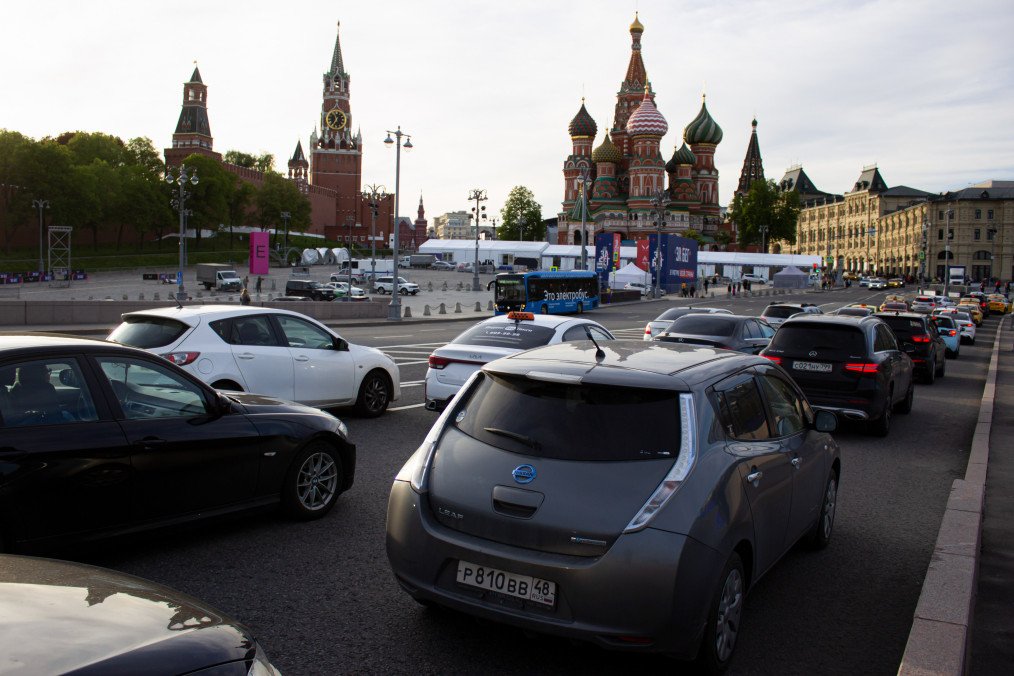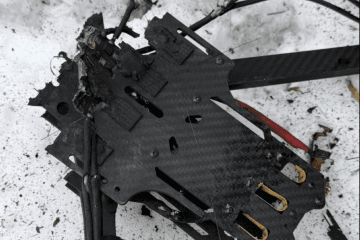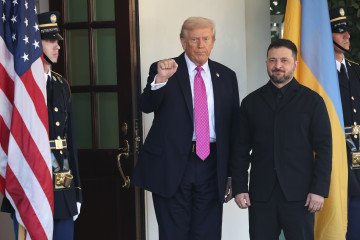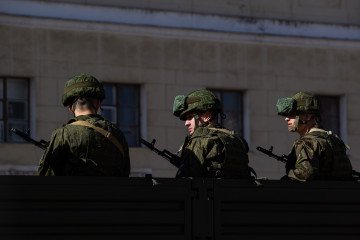- Category
- Latest news
Thousands of Parallel-Imported Cars in Russia Found on Interpol’s Stolen List

Thousands of foreign-made cars brought into Russia under parallel import schemes have ended up flagged as stolen in Interpol’s international database, according to an investigation by Autonews on July 3.
Many Russian buyers are only discovering the issue when they visit the Ministry of Internal Affairs to register their vehicles.
“This problem has been around for decades, but it’s escalated with the rise of parallel imports,” says automotive expert Kirill Chernov. “There’s a well-known scheme involving cars leased in Western countries and then resold in Russia through intermediaries like the UAE or former Soviet states.”
According to Chernov, this so-called “Dubai scheme” works by acquiring a vehicle on lease abroad, which is then exported and sold in Russia. Initially, the vehicle is not reported stolen because the lease payments are still being made.
But once those payments stop—often after the car has already reached its buyer in Russia—leasing companies report the vehicle as stolen, typically within a few months. At that point, it gets added to Interpol’s wanted list.

Chernov adds that many of these vehicles come from the United States and appear brand new, often offered at unusually low prices. “In the UAE, there’s little oversight—authorities tend to look the other way,” he explains.
Car owners affected by this scheme can find themselves in difficult legal territory. Auto lawyer Dmitry Dugin warns that Russian courts generally side with law enforcement in these cases.
“If the car is listed as wanted by Interpol, it cannot be legally registered or allowed on Russian roads,” Dugin says.
According to data from Avtostat, about 150,000 new and 400,000 used vehicles were imported into Russia through parallel channels in 2024. In the first four months of 2025 alone, another 127,000 vehicles entered the country using this method.
Previously, it was reported that Latvia donated 612 vehicles confiscated from drunk drivers to Ukraine, with an estimated total value of $2.43 million.



-111f0e5095e02c02446ffed57bfb0ab1.jpeg)

-c439b7bd9030ecf9d5a4287dc361ba31.jpg)

